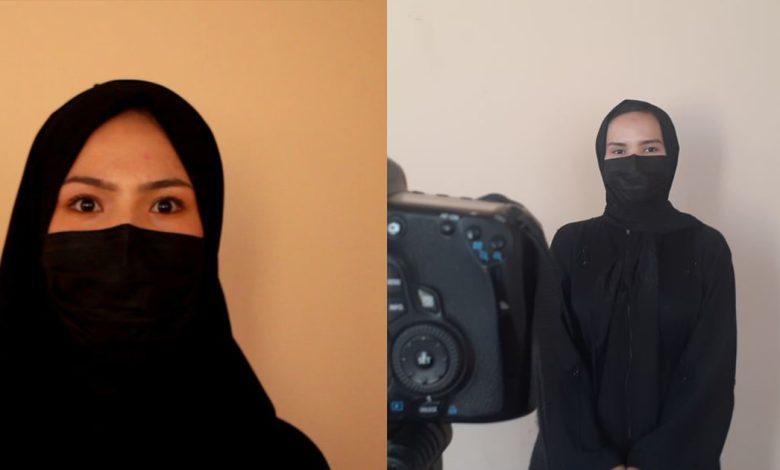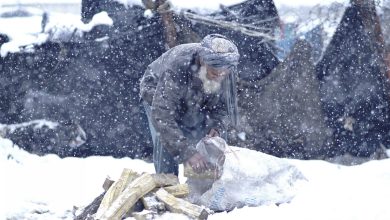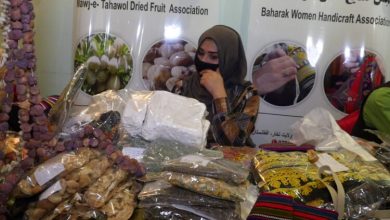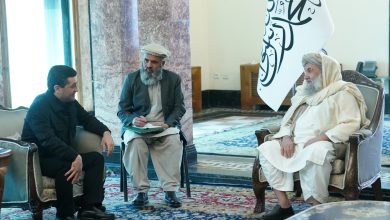
Title: Two Years of Ban on Girls’ Education: “Being a Girl in Afghanistan is Very Difficult”
Sakina Adib
Bayan News – As the ban on girls’ education beyond the sixth grade reaches its two-year mark, some female students tell Bayan News that despair and hopelessness are growing among girls with each passing day.
The caretaker government in Kabul, shortly after regaining power in September 2021, imposed a ban on girls’ education beyond the sixth grade.
Although government officials have consistently stated that they are not opposed to girls’ education and are striving to provide a safe environment for them, it is unclear when schools will reopen for girls.
Some female students told Bayan News that initially, they had hoped for the reopening of schools, but after two years, despair and hopelessness have intensified among girls, and all of them have become discouraged from returning to schools.

Zolfiya Kazemi, one of the student girls, says, “The closure of schools for girls has had a negative impact, and it has made all girls lose hope. Primary education is the foundation for entering society, studying, going to university, and achieving something. But schools have closed, and I don’t know what will happen to the future of all girls. It is very difficult because you are a girl and you are not supposed to go to school.”
According to Zolfiya, women make up half of Afghanistan’s society, but the fact that the Islamic Emirate does not allow them to study will have detrimental consequences for the future of Afghanistan and the next generation of the country, as it is these women who nurture and educate the next generation.
She clearly expects the Islamic Emirate, as a government, to take responsibility and allow all girls to return to the educational environment and strive for higher education.
Zolfiya, noting that Afghan girls are full of talent and abilities, asks world leaders to provide scholarships for girls’ continued education.
Similarly, Zahra, another female student, says that the continued closure of girls’ schools has deeply worried families, and for this reason, elders within families have provided resources for studying at home, hoping that schools may reopen sooner. These resources include books and educational videos to ensure that girls in these families do not fall behind in their studies.
Zahra believes that the ban on girls’ education will cause serious harm to Afghan society, and it will be difficult for the authorities concerned to make amends.

Despite strong international reactions, the caretaker government in Kabul has remained unresponsive to these reactions and pressures from the international community.
It is still uncertain when schools will reopen for female students.







